Move a little more, eat a little healthier, sleep a little better and destress a lot

Your heart works tirelessly — beating more than 100,000 times a day. But how often do you think about keeping it healthy? Whether you’re hoping to lower your risk of heart disease or just boost your overall wellness, a few simple changes can make a big difference.
Advertisement
Cleveland Clinic is a non-profit academic medical center. Advertising on our site helps support our mission. We do not endorse non-Cleveland Clinic products or services. Policy
Preventive cardiologist Luke Laffin, MD, shares how to improve your heart health with some practical, proven steps to strengthen your heart.
Ready to work on your heart health? Dr. Laffin recommends the following.
Getting a physical is important for everyone — and yes, that means you. Why? Because heart disease is a top cause of death in the United States, and many of these signs aren’t something you can spot on your own.
“Going in for a check-up is a good thing,” says Dr. Laffin, who acknowledges that he sees many patients who haven’t been to a doctor in years. “It’s an opportunity for you to talk with your healthcare provider about any health concerns you have and understand your cardiovascular risk.”
Doctors are trained to spot and manage health issues, including chronic conditions, like heart disease, that don’t always come with visible symptoms. During a physical, they’ll track important data related to your heart, like your:
They’ll also ask about your habits, like how often you’re physically active, what your diet looks like and whether you drink, smoke or use drugs — all activities that play a major role in heart health.
Advertisement
You already know that exercise is good for you. But while you may typically associate exercise with a toned figure and stronger muscles, it also does a world of good inside your body.
“It’s also great for your mental health and has a dramatic impact on your likelihood of developing diabetes,” says Dr. Laffin. “Exercise lowers your cholesterol and blood pressure, which are both important risk factors for heart disease.”
But don’t let yourself be overwhelmed or put off by the idea of dramatically increasing your activity levels. Small steps can have a big effect on your heart health.
“Maybe exercising means you get off the elevator one floor before your destination and walk up that extra flight of stairs,” he illustrates. “Maybe it means parking farther away from the entrance to your office and walking a bit extra. These little things make a difference.”
What you eat plays an enormous role in your risk of heart disease, but Dr. Laffin doesn’t want you to think about it as dieting.
“Truly embracing healthy eating habits isn’t a diet, it’s a lifestyle,” he says. “You’re not just eating for each individual day — you’re eating for longevity and for a better quality of life.”
Look into the elements of heart-healthy dietary patterns (like eating fruits and vegetables, whole grains and protein, reducing your salt intake and avoiding processed foods), and figure out where you need to make changes.
Whether you decide to go fully vegetarian, start eating more plant-based foods or finally tackle your sweet tooth, dietary changes can go a long way toward improving your heart health.
“Diet really makes a large impact,” he emphasizes.
When you’re feeling overwhelmed and frazzled, it’s not just your mental health that suffers.
Stress produces cortisol. That’s the hormone in your body that causes your blood pressure and heart rate to skyrocket. Stress also affects your entire lifestyle, which can cause you to eat more, get less sleep and maybe even drink more alcohol.
“Stress is a really potent risk factor for heart disease,” Dr. Laffin warns. “People with high levels of anxiety tend to have more heart attacks and strokes.”
Make time in your day to do things that help you relax. Try talking with friends, getting outside for a walk or reading a book. And, of course, as mentioned, there’s always exercising, which releases the stress-reducing hormones known as endorphins.
Need a little extra help? The internet can sometimes increase your stress levels, but technology also has the potential to be a tool for good. There are lots of websites and apps that can help you keep calm by embracing practices like meditation, reflection and breathwork.
Advertisement
Shorting yourself on sleep can spell trouble for your heart.
“Consistently getting less sleep can increase blood pressure and cause inflammation,” Dr. Laffin explains. “That part of your brain that activates during sleep deprivation is near the part where hunger is, so we know that if you don’t sleep, you eat more.”
Not getting enough sleep can also contribute to high blood pressure, atrial fibrillation and heart failure.
To get more ZZZs:
If you smoke or use other products that contain nicotine, now is the time to quit. Doing so is great for your entire body, including your heart.
“Smoking is so bad for your heart,” Dr. Laffin stresses. “Truly, it’s one of the worst things you can do, not just for your heart but also for your overall health, including your lungs and brain.”
He also cautions that the risks associated with smoking impact any existing risk factors you may have.
“If you smoke and you have high cholesterol, you’ve now doubled your risk of heart disease,” he says. “The same is true if you smoke and have high blood pressure, or if you smoke and have high cholesterol.”
Advertisement
Quitting can significantly lower your blood pressure and heart rate and do wonders for your overall health and quality of life.
Alcohol has undeniable effects on your heart. It can:
Drinking a lot of alcohol can also raise your triglycerides, a type of fat in the body.
“Alcohol is made of sugar, so people who drink a lot of alcohol can have very high triglycerides,” Dr. Laffin says. “High triglyceride levels increase your risk for diabetes and pancreatitis. High triglycerides in women increase your risk for stroke.”
Drinking less alcohol can help you sleep better and reduce stress. It may even help you lose weight by reducing the amount of empty calories you take in.
As you work on the other things on this list, you put your body in a better position to reach its healthiest weight. This can lower your risk of:
“If you have overweight or obesity, losing five to 10 pounds can have a significant impact on your blood pressure, your risk of diabetes, your cholesterol level and more,” Dr. Laffin states.
Losing weight is often a natural byproduct of eating healthy, moving more and otherwise tending to your health, so Dr. Laffin reinforces focusing on lifestyle modification instead of dieting (and definitely staying away from fad diets).
Advertisement
Need a little help? Many apps for your phone or tablet can help you track your food intake and exercise. There are also newer, effective medications that can help with weight loss that you can speak to your doctor about.
There’s no quick fix when it comes to improving heart health, but you may start to notice improvements in a few weeks or months.
Small changes — like eating more fruits and vegetables, taking a walk around the block or making time for that yoga class — can add up to big wins when it comes to your ticker.
It’s all about being intentional, consistent and listening to your body — and talking with your healthcare provider about your goals. They can provide guidance, resources and support to get you headed in the right direction.
“Making these lifestyle changes can have a dramatic impact on your heart health,” Dr. Laffin encourages. “It’s definitely worth it.”
Learn more about our editorial process.
Advertisement
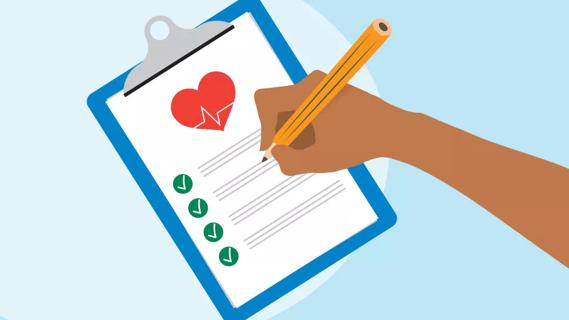
Age, sex and genetics are just a few factors that can affect your risk of developing coronary heart disease
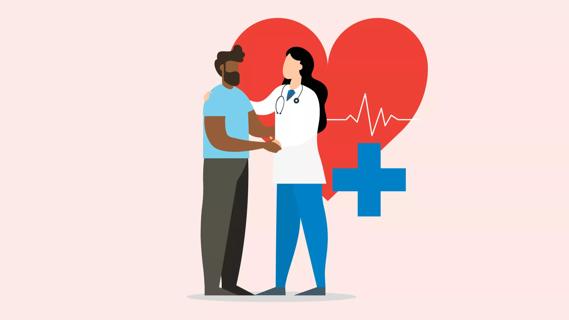
Having underweight, having overweight and having obesity can be dangerous for your heart

Avoid smoking, eat a good diet and exercise to prevent your heart from aging prematurely
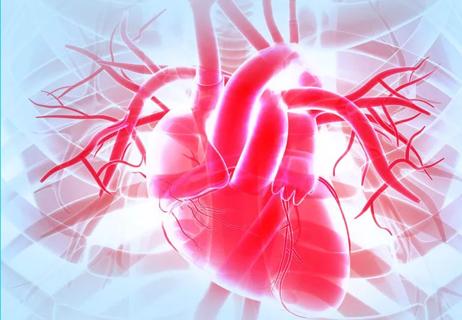
Your life depends on this incredible organ doing its job 24/7
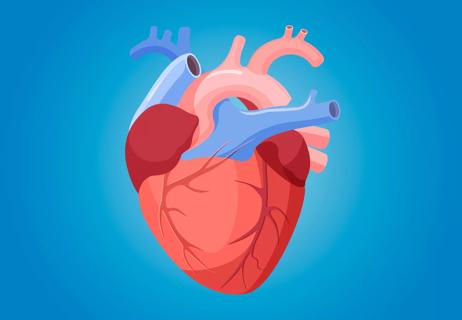
Unlock the secret of your body’s hardest-working organ
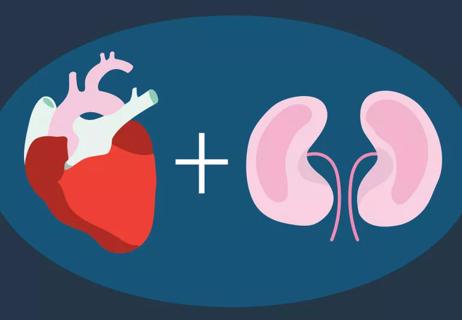
What's good for one is good for the other

What you need to know about BMI, fasting glucose, triglycerides and more

Eating heart-healthy foods, moving around more and getting quality sleep are a few ways to get started

Wearing a scarf, adjusting your outdoor activities and following your asthma treatment plan can help limit breathing problems

Your diet in the weeks, days and hours ahead of your race can power you to the finish line

When someone guilt trips you, they’re using emotionally manipulative behavior to try to get you to act a certain way